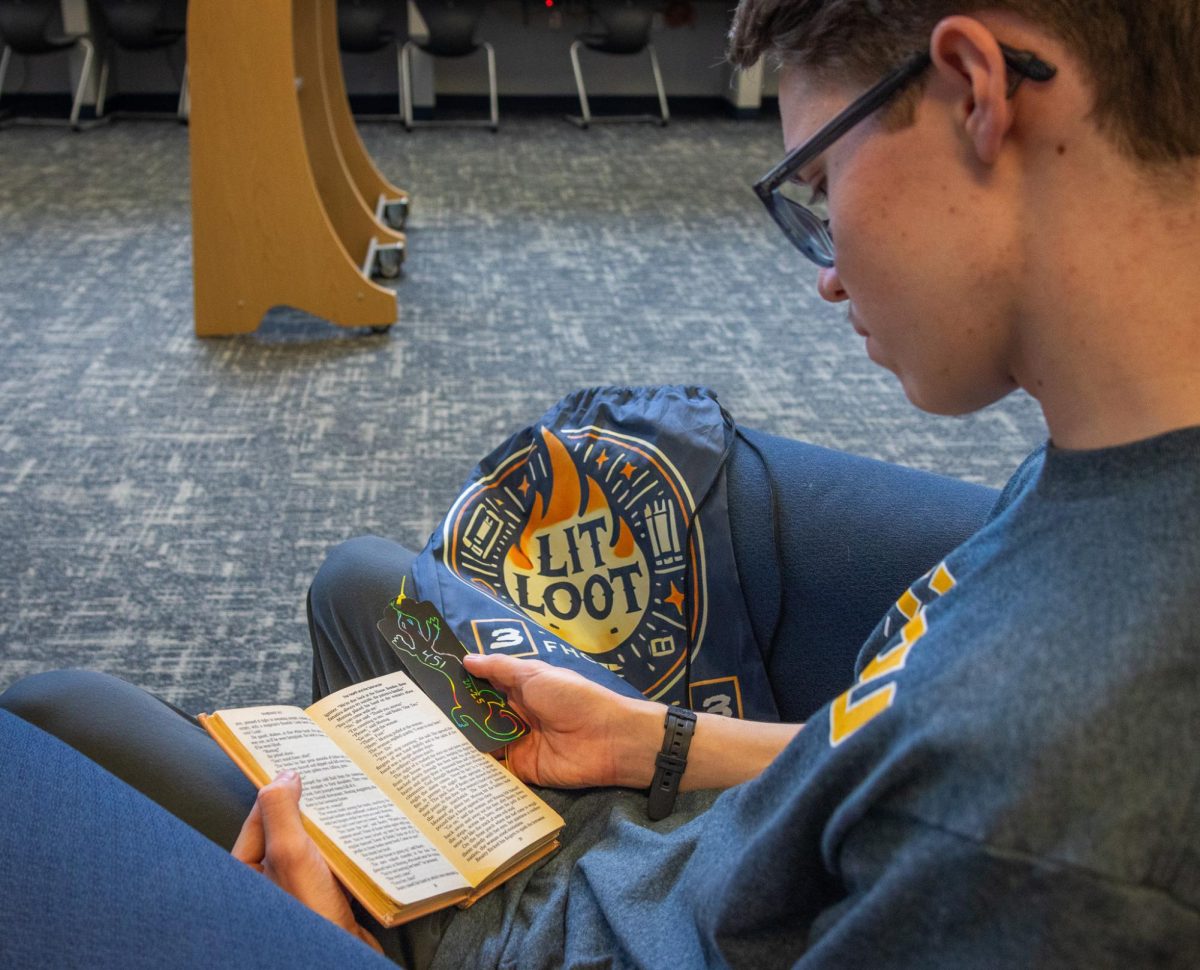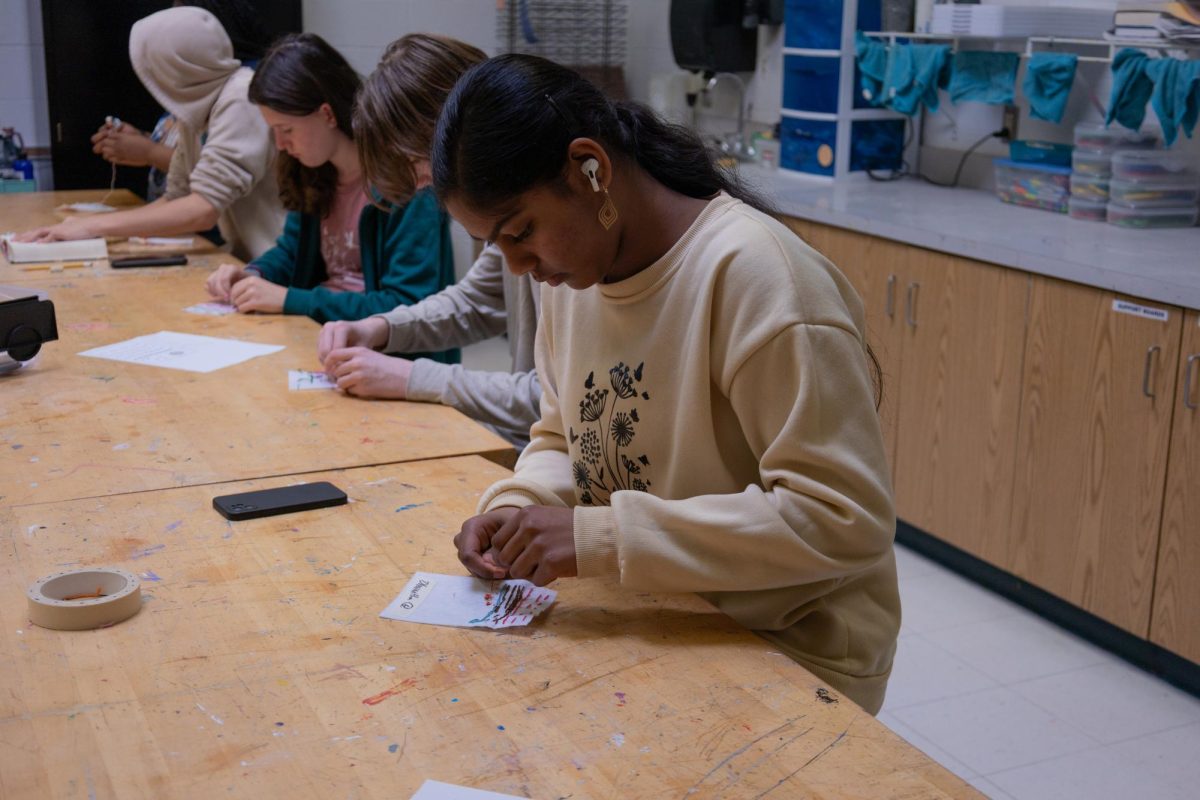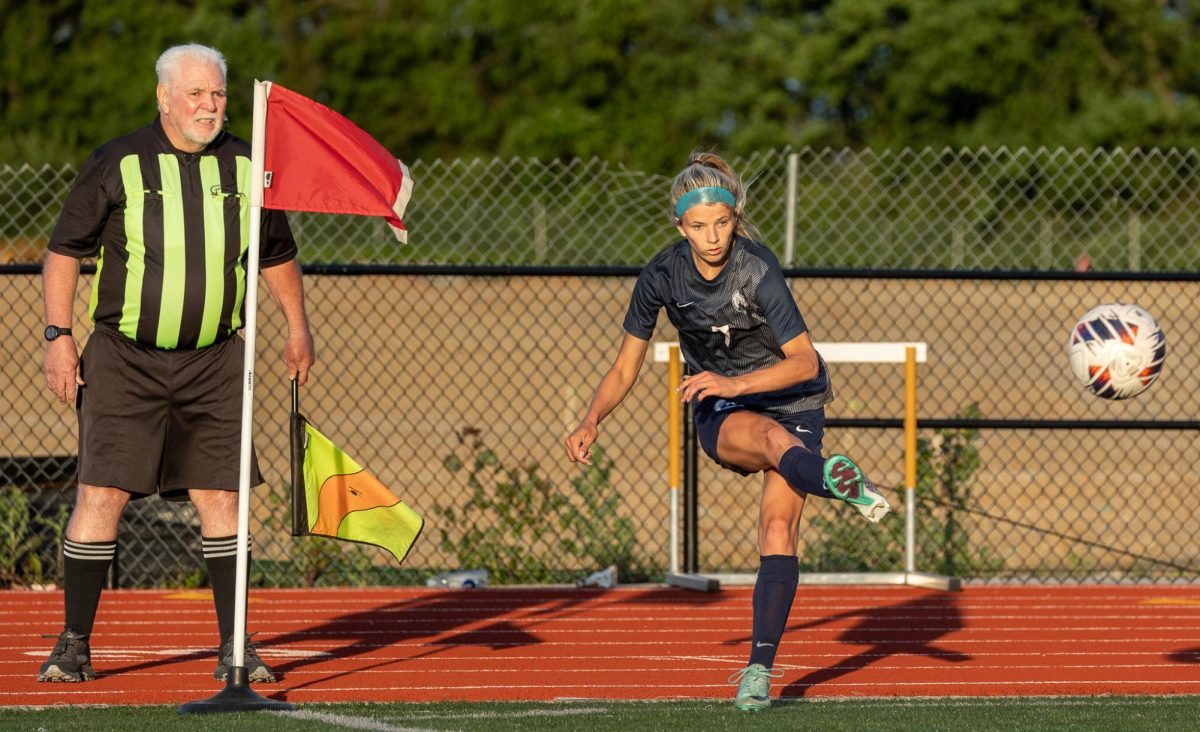“System UI not responding”. Every time I see this message pop up on my screen while I’m about to take a test, I feel like throwing my computer across the room, although it would probably work the same after.
When I pick up a Chromebook, especially one from the World Language department, I feel like I’m playing a version of roulette that I just can’t win. Every time I hit the power button to turn it on, I pray that this will be the one that works, that there’s still hope left for Chromebooks—but every time I am let down. It usually takes about two or three tries and a lot of button mashing until I find one that finally works. By that time, I’ve already lost 10 or so minutes on my test and I begin with a residual feeling of anger.
Riddled with missing keys and arching mouse pads, our school’s Chromebooks evoke a sense of sympathy, asking the observer to view them as they would a sick patient or a crying baby. Yet, these shortcomings are a direct result of the inadequateness of the chromebook. Like Thanos collecting his infinity stones, students take off chromebook keys in frustration, channeling their anger into the very devices that caused it.
The infamous keyboard and mouse pad bubble, which now seems like a feature of every Chromebook, is a result of batteries that are unable to cool properly. Forget Chromebooks working right when they’re on — now they can’t even close properly because the inflated mouse pad gets in the way.
While Chromebooks continue to plague classrooms around the school, they now threaten the amount of college credit students receive. A majority of AP tests have been moved to an online format because the generous non-profit organization College Board decided they wanted to save a couple trees. What this means for students is that they must take some of the most important exams of their high school career on school laptops. When AP Language & Composition teacher Laurie Fay first heard about this, she was incredulous.
“When I saw the serious face of the AP Coordinator, I think my words were, “We’ll be using… our Chromebooks? Really? The ones found in the FHC classrooms? The ones missing keys? The ones bubbling up because the batteries have expanded?”
Fay said. “Well, at least our students are good with technology. After all, an exam that can save a student thousands of dollars for a college course should be completed on a device that might work that day.”
Even though the school will continue looking for better alternatives to Chromebooks, students still don’t have much to hope for the future of their technological devices. Even if new Chromebooks or other technology are bought, existing ones will continue to get older and the cycle will continue. For the foreseeable future, technology continues to hold itself in a gridlock where although some new laptops are introduced to the school ecosystem, students overall won’t notice any real difference in the quality of their technology.
“For my AP Lang [students] and all AP students at FHC, I will be praying to the Chromebook gods to show them mercy, to keep the WiFi connected, to deliver their completed FRQs while I curse the AP gods for forcing us to have digital exams on these wretched devices,” Fay said.










